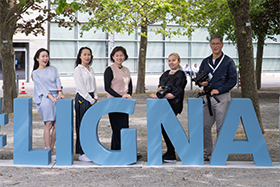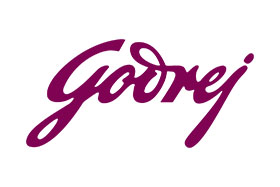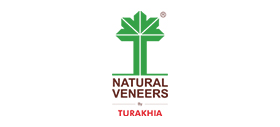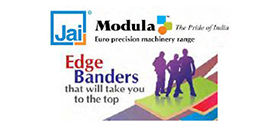
- European symposium highlights formaldehyde emission limits
- Egger adopts holistic approach to waste management
- Taiwan’s Woodworking Machinery Industry Captivates Global Media on Opening Day of LIGNA 2025
- Coming of age of sustainability
- Intelligent packing line, sander from Woodtech
- Ornare introduces 5 new leather decors
- Richfill Edge Coat offers safer plywood finishing
- Jai’s Optimus range stays ahead of the curve
- Merino’s Acrolam sets new benchmarks in elegance
- Pytha 3D-CAD: where precision meets production
- Raucarp edge bands: simple, affordable
- Greenlam scores a 1st: High Quality Product Award
- Häfele turns space solutions provider
- Hettich bets on intelligent motion for evolving interiors
- Praveedh taking desi innovation to the global stage
- Turakhia shows off its Natural Veneers range
- Egger continues to ‘inspire, create, grow’
- Blum turns heads with new drawer, hinge systems
- Vecoplan tailors waste wood processing at Schaffer Holz
- Biesse starts training at HPWWI Mumbai
- HIFF 2025 underscores growing furniture capabilities
- Osaka Expo celebrates forests for humans
- CIFF Guangzhou 2026: connecting to create
- Feria Hábitat announces dates for 2026 show
- ‘Digital twins’ streamline factory planning, commissioning
- Smart illumination weds wood veneer
- Vecoplan ushers intelligent vibes
- New bio-based adhesives for particleboard
- Digital timber-tracking rolls across Poland
- Chitosan-rosin combo: flame-retardant adhesive
- Chicken coup: turning feathers into wood glue
- Start, Stabilise, Scale: A basic guide to modular kitchen manufacturing
- Fast Forward: surface tech attains maturity
- ‘Smart’ experiment unravels cooking behaviour
- Blum cabinet hinges earn BIS approval
- Ebco has smart storage solutions
- Hettich has holistic kitchen solutions
- Hexagon brings digital precision to manufacturing
- Leitz takes on modern materials, finishes
- Mirka’s smart tools for superior finishes
- Protego tabletop oils protect surfaces
- Top-class finishing: Woodmaster tells you how
- Keen to cut it right for India: Freud’s Andrea Komadina
- ‘Rainbow tools’: functionality or hype?
- Pidilite’s practical skilling initiative for modern joinery
- PVA adhesives: weather-ing challenges in India
- How loyalty plays in Tier-2/3 ply, laminate markets
- AHEC’s ‘Days of Design’
- IndiaWood 2026 to showcase Indian capabilities



































